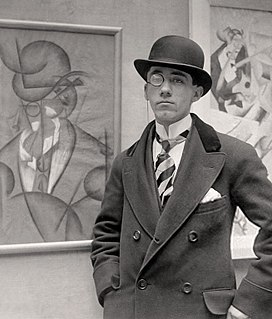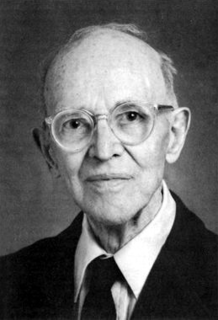A Quote by Ludwig Wittgenstein
The object of philosophy is the logical clarification of thought.
Quote Topics
Related Quotes
Philosophy aims at the logical clarification of thoughts. Philosophy is not a body of doctrine but an activity. A philosophical work consists essentially of elucidations. Philosophy does not result in 'philosophical propositions', but rather in the clarification of propositions. Without philosophy thoughts are, as it were, cloudy and indistinct: its task is to make them clear and to give them sharp boundaries.
Above all else, philosophy ought to aim for clarification - of the self, one's place in the world, and the ways we make meaning. Philosophy, when practiced well, can be useful. It can enable us to grapple in productive ways with questions about the meaning of life and who I am and how I want to be in the world.
BERTRAND RUSSELL, The Philosophy of Logical Atomism We've associated that word philosophy with academic study that in its own way has gotten so far beyond the layman that if you read contemporary philosophy you've no clue, because it's almost become math. And it's odd that if you don't do that and you call yourself a philosopher that you always get 'homespun' attached to it.
Before my encounter with Thomist philosophy through Maritain, I had almost reached the same conclusions through the logical development of my work, intuition and thought, but what a great sense of joy I felt upon discovering, in Maritain, the confirmation of certain thought patterns, certain ways of clarifying these to myself and to others.
Thought is not what inhabits a certain conduct and gives it its meaning; rather, it is what allows one to step back from this way of acting or reacting, to present it to oneself as an object of thought and to question it as to its meaning, its conditions, and its goals. Thought is freedom in relation to what one does, the motion by which one detaches from it, establishes it as an object, and reflects on it as a problem.
Speculative Philosophy is the endeavour to frame a coherent, logical, necessary system of general ideas in terms of which every element of our experience can be interpreted. By this notion of 'interpretation' I mean that everything of which we are conscious, as enjoyed, perceived, willed, or thought, shall have the character of a particular instance of the general scheme.
The sublime can only be found in the great subjects. Poetry, history and philosophy all have the same object, and a very great object-Man and Nature. Philosophy describes and depicts Nature. Poetry paints and embellishes it. It also paints men, it aggrandizes them, it exaggerates them, it creates heroes and gods. History only depicts man, and paints him such as he is.







































